June 19, 2018
We should not be quite so quick to demonise the open plan office
 There is a witch hunt on in the workplace. “Open plan” has become a dirty word and the national press are leading the mob in vilifying this so-called scourge. The Guardian, The Independent, The Telegraph, The Daily Mail and Business Week have all reported that “we can’t get anything done in an open-plan office” as it affects our concentration, our performance and our health. These news items are all damning, but perhaps not as damming as the Wikipedia entry on open plan which states: “A systematic survey of research upon the effects of open plan offices found frequent negative effects in some traditional workplaces: high levels of noise, stress, conflict, high blood pressure and a high staff turnover… Most people prefer closed offices… there is a dearth of studies confirming positive impacts on productivity from open plan office designs”.
There is a witch hunt on in the workplace. “Open plan” has become a dirty word and the national press are leading the mob in vilifying this so-called scourge. The Guardian, The Independent, The Telegraph, The Daily Mail and Business Week have all reported that “we can’t get anything done in an open-plan office” as it affects our concentration, our performance and our health. These news items are all damning, but perhaps not as damming as the Wikipedia entry on open plan which states: “A systematic survey of research upon the effects of open plan offices found frequent negative effects in some traditional workplaces: high levels of noise, stress, conflict, high blood pressure and a high staff turnover… Most people prefer closed offices… there is a dearth of studies confirming positive impacts on productivity from open plan office designs”.












 Almost half (49 percent) of companies are struggling to find skilled workers as digitisation and automation cause significant change in the skills businesses look for in professionals, according to new data from Robert Half UK. As a result, one fifth (21 percent) are now looking to recruit candidates with exceptional soft skills, with a view to developing the desired technical skills on the job. In the Robert Half research, UK business leaders consider an openness to new ideas (28 percent), an openness to change (26 percent) and good communication abilities (19 percent) as key attributes and will prioritise these areas when considering new talent. Digitisation and automation are rapidly evolving the business world. Companies are having to quickly adapt to the changing world of work, and are looking for employees who can keep pace,” says Matt Weston, UK Managing Director at Robert Half.
Almost half (49 percent) of companies are struggling to find skilled workers as digitisation and automation cause significant change in the skills businesses look for in professionals, according to new data from Robert Half UK. As a result, one fifth (21 percent) are now looking to recruit candidates with exceptional soft skills, with a view to developing the desired technical skills on the job. In the Robert Half research, UK business leaders consider an openness to new ideas (28 percent), an openness to change (26 percent) and good communication abilities (19 percent) as key attributes and will prioritise these areas when considering new talent. Digitisation and automation are rapidly evolving the business world. Companies are having to quickly adapt to the changing world of work, and are looking for employees who can keep pace,” says Matt Weston, UK Managing Director at Robert Half.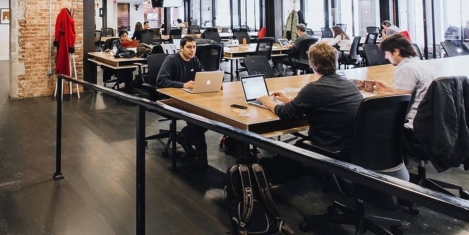




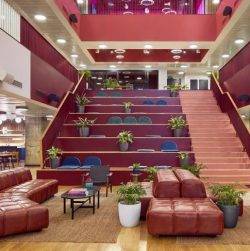
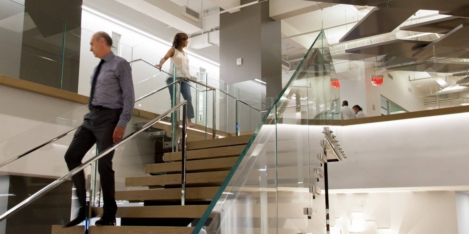
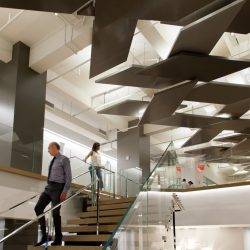

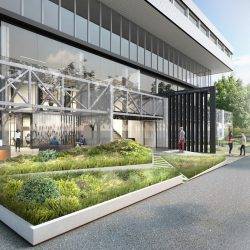












May 30, 2018
Australia is leading the world in the adoption of activity based working
by Max Luff • Comment, Flexible working, Workplace design
More →